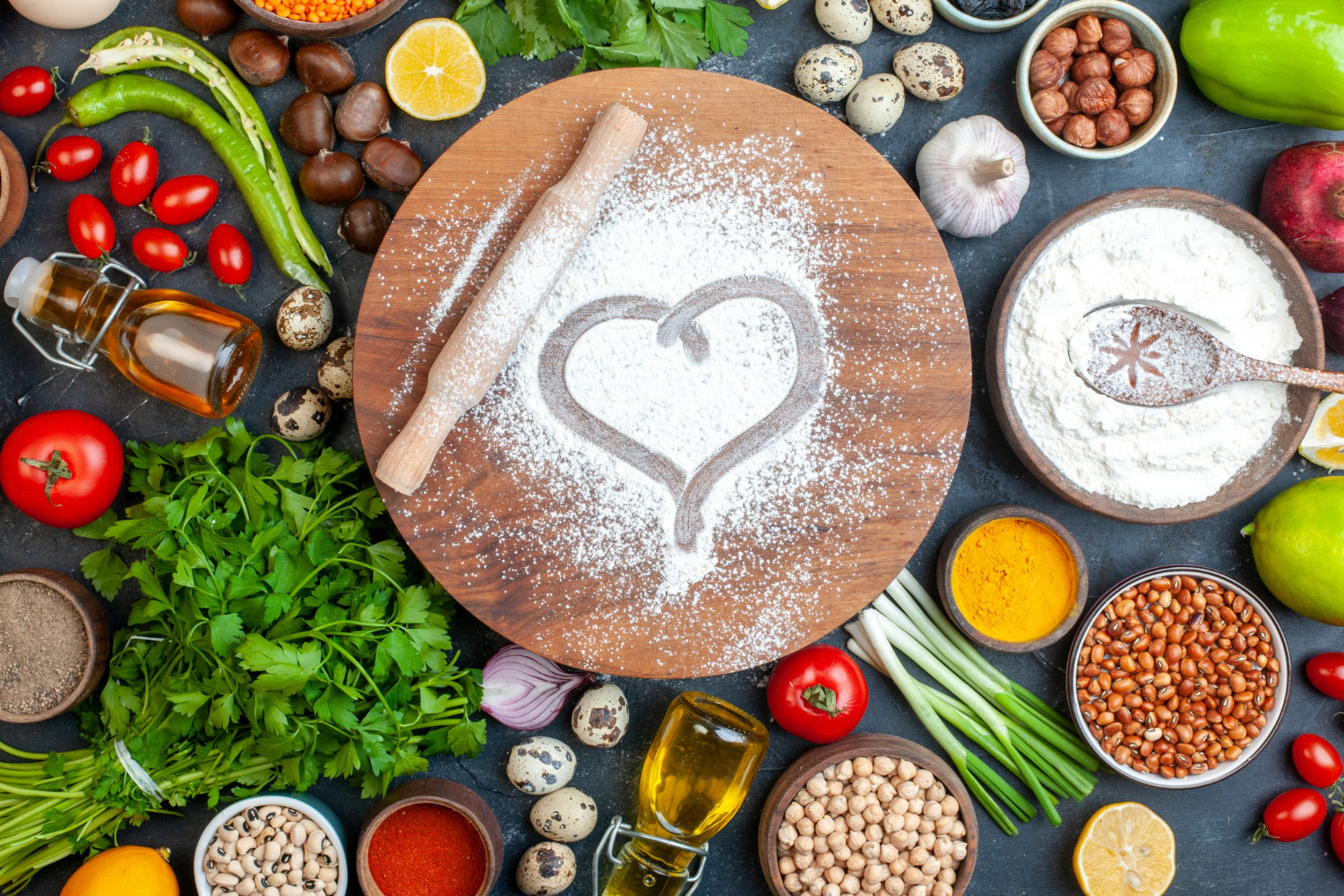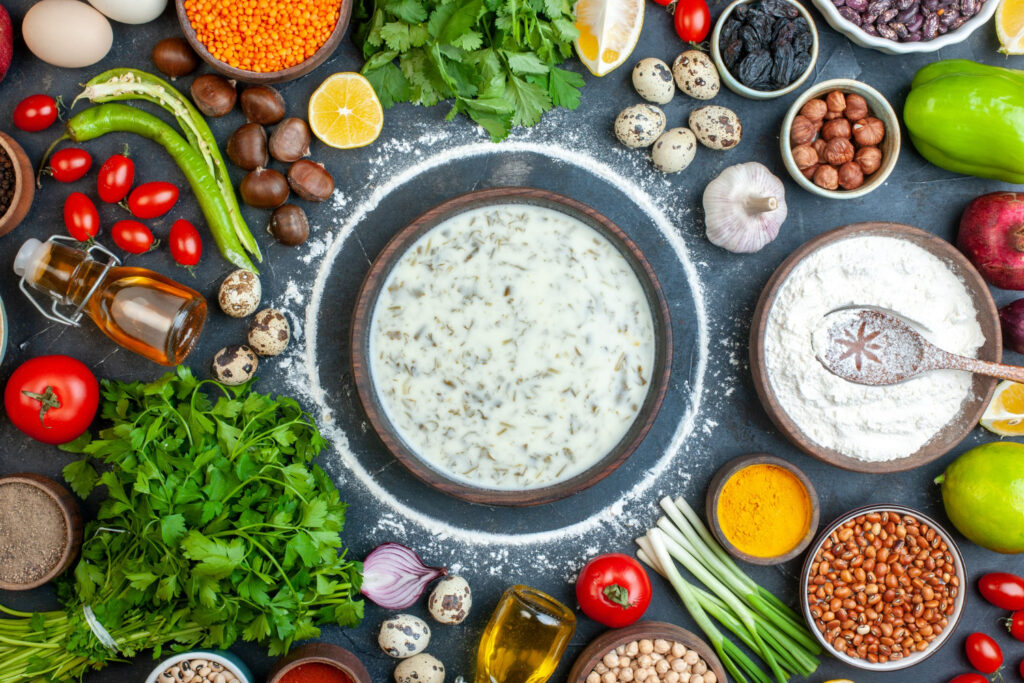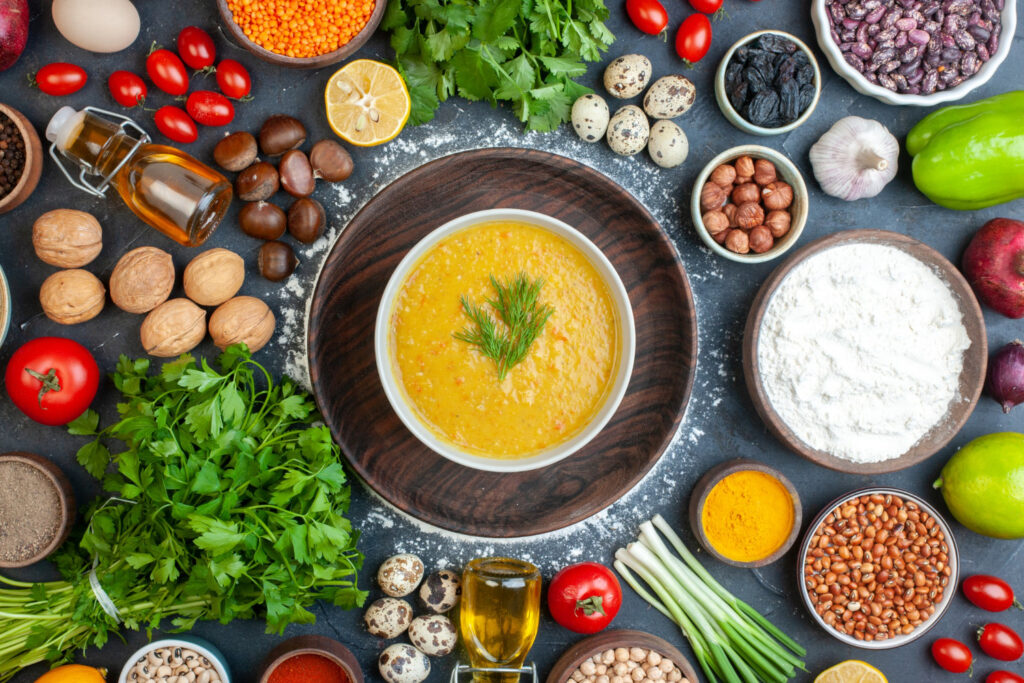
Heart patients have to be on a diet that is packed with wholesome and nutritious foods which will be able to sustain the living of a healthy life. While recommendations are often made on heart-healthy foods, it is equally important to know what foods to avoid. Some foods may affect heart health and increase risks in blood pressure, blockage of arteries, and inflammation. Key ways of improving health and quality of life by dietary restrictions among heart patients will be enlightened.
Why Dietary Restrictions Matter for Heart Patients
Different types of food challenge the body’s potency to work at an optimal level, especially for those people suffering from heart-related ailments. In this regard, the consumption of such food results in bringing about health instability that further leads to serious complications. Heart patients will follow dietary restrictions mainly to maintain and improve the following:
- Blood Pressure: Reduces the pressure on blood vessels hence enabling the heart rate to keep up with stability.
- Cholesterol levels: There needs to be a good balance between LDL, the “bad” cholesterol, and HDL, the “good” cholesterol.
- Plaque buildup prevention: It reduces the risks of blockage of the arteries resulting in heart attacks and strokes.
- Inflammation: Maintains the level of systemic inflammation at its lowest so as to minimize cardiovascular risk.
- Heart attack risk: Lowers heart stress and reduces cardiovascular events.
- Weight management: It helps to maintain a healthy weight that reduces the strain on the heart.
- Medication dependency: It reduces medication intake to the barest minimum, since health is maintained through regulation of diet.

Key Dietary Restrictions for Heart Patients
- Trans Fats
Most probably found in processed snacks, chips, pastries, non-dairy creamers, and some fried foods.
- Health Effects: Trans fats increase the level of LDL cholesterol, thus causing congestion in arteries with reduced blood flow. It decreases HDL cholesterol, which increases the risks for plaque formation and encourages heart disease.
- Weight Gain: Trans fats are high in calorie density but low in nutrients; their consumption will make a person gain weight, which has been considered one of the major risk factors for heart health.
- Saturated Fats
These are found in red meats, poultry skin, full-fat dairy products, fast foods, and sauces.
- Health Effects: These kinds of fats raise the triglycerides in the blood, making heart disease more prone. They also raise LDL cholesterol, leading to hardened arteries and increased stroke risks.
- Insulin Sensitivity: Saturated fats block the proper functioning of insulin, which further reduces the capability of managing blood sugar and increases the risk of diabetes.
- Salt and High-Sodium Foods
A lot of foods are preserved in cans, and others come from fast food, processed meats, salty snacks.
- Health Effects: Sodium raises the blood pressure level and hence has a pulling effect on the blood vessels besides increasing the risk of stroke. This results in the extra workload of the heart, working harder. This thickens muscles and hence creates heart failure.
- Water Retention: Taking high amounts of sodium ultimately leads to general increase in water retention and hence increasing the volume of blood flowing through the body. This strains the heart.
- Caffeine
It is found in coffee, black tea, soft drinks, and energy drinks; it needs to be taken in limitation because extreme use of the stimulant can overstimulate the organ.
- Heart Rate: It speeds up heart rate, which is dangerous to be experienced by individuals with arrhythmias.
- Blood Pressure: It can temporarily heighten it, further pressurizing the heart.
- Adrenaline levels: Caffeine increases the amount of adrenaline. It can cause fast palpitations, and along with this, high oxygen demand surely is a challenge for heart patients.
- Processed Meats
This includes sausages, hot dogs, deli meats, and other pre-cooked meats high in sodium and preservatives.
- Inflammation and Oxidative Stress: Nitrates and nitrites in the processed meats combine with natural chemicals in the body to form harmful nitrosamines, causing inflammation and oxidative stress that results in blood vessel damage and predisposes one to heart disease.
- Artery Hardening: Processed meats are made from high amounts of sodium and fatty substances, which might accelerate narrowing of the arteries, impeding proper blood flow and increasing stroke risks.
- Alcohol
There are several influences of alcohol on the body, but one of the major cardiovascular health hazards is.
- Blood Pressure: The intake of alcohol highly raises blood pressure; it is mostly the cause of stroke.
- Damage to Heart Muscle: The long-term excessive use can lead to cardiomyopathy-a disease of heart muscle tissue in which the heart muscle becomes weak and cannot pump blood effectively. This could result in heart failure.
- Arrhythmias: It causes irregular heartbeats and can raise triglycerides, a fat that contributes to heart disease.
- Cholesterol levels: Drinking alcohol, especially in large amounts, can increase blood levels of triglycerides and certain types of cholesterol, both of which are associated with increased heart risks.

- Full-Fat Dairy Products
Full-fat dairy products are often considered harmful for heart patients due to their high saturated fat content. High-fat dairy products included Whole milk, cheese, butter, and cream.
- Cholesterol levels: These high-fat products increase cholesterol, and because of this, the accumulation of fat deposits or plaque in the arteries. This can lead to narrowing or blocking of arteries and increase the risk of heart attack and stroke.
- Inflammation: Some studies show that consuming too much saturated fat may cause inflammation in the body. Chronic inflammation is associated with an increased risk of cardiovascular diseases.
- Fried foods
Fried foods are harmful for everyone, especially for heart patients, due to several factors involved in their content and preparation. Fried foods like french fries, fried chicken, and most snack foods.
- Trans and Saturated Fats: Most frying is done in oils containing a high percentage of these kinds of unhealthy fats, which raise LDL cholesterol and lower HDL cholesterol to promote plaque formation and increase the risk for heart disease.
- Free Radicals: High heat from frying creates free radicals that raise oxidative stress and inflammation, further increasing cardiovascular risk.
- Refined Carbohydrates
In general, carbohydrates are not harmful for heart patients, but the type and amount of carbohydrates consumed can significantly affect heart health. This unhealthy category is based on carbohydrates and refined sugars; Such as white bread, white rice, sweets and sweet drinks, etc.
- Insulin resistance: Foods rich in refined carbohydrates have a high glycemic index. This means they cause a rapid rise in blood sugar levels, which can lead to insulin resistance over time. Insulin resistance is the precursor of type 2 diabetes, which is considered one of the main causes of cardiovascular diseases.
- Triglyceride levels: Consuming large amounts of refined carbohydrates may lead to increased blood triglyceride levels. High triglyceride levels are associated with an increased risk of heart disease.
Final Thoughts
Conversely, heart patients are better off with a diet that is balanced, nutrient-dense, and organic, limiting those foods that put a strain on the heart. Knowing dietary restrictions will, without a doubt, go the extra mile in bringing about considerable improvements in their health and quality of life. Both cardiologists and nutritionists individually advise on how to definitely help an individual tailor a diet plan according to one’s needs to ensure optimum heart health and overall wellness. Dr. Jam Specialty Clinic’s cardio expert and nutritionist are committed to guiding one in the direction of a healthier heart.
References








No comment yet, add your voice below!